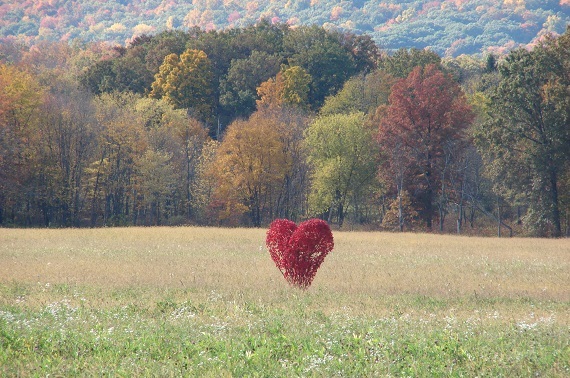I was reading the controversial Canadian journalist Naomi Klein's latest book This Changes Everything, recommended by a colleague who decided to make it mandatory reading in his business school classes at Fordham University. Intrigued by what he may have found in this piece, I discovered a heavily researched exposure of how the total profit focus of the fossil fuel industry is trying to maintain control by buying political favors, and the blessings of environmentalists through contributions and pretended "collaboration," as well as seeking the support of the public through fear of product scarcity, the threat of changes to lifestyle and promises of employment. This is not new of course, except perhaps the extent of documented material naming individuals, corporations and even renowned organizations like The Nature Conservancy, WWF, the World Resources Institute, Conservation International, whose strange relationships with the dirty energy industry Klein details. Klein calls this "the disastrous merger of Big Business and Big Green." Bold and courageous, she is aware she is swimming upstream almost as if inspired by the salmon that swim against the current to play their role in continuing their species.
Reading about the undisclosed, suspected, or well-known webs of power of a few myopic individuals (who haven't discovered that we ultimately each depend on something that cannot be bought), is informative, makes for good dinner conversations, but also can be overwhelming and disempowering.
What I found so valuable and interesting in Klein's book is the description of a movement started by the indigenous peoples in many parts of the world. While some urbanites may imagine the environmental impact of open air coal mining, fracking, tar sands transportation, new railways and roads cutting through pristine forests and meadows, the indigenous tribes are deeply affected by violence done to the land they live off, to the destruction of their sacred burial sites. They see the change in the quality of their water, the loss of trees that provide food, of soil that grows life. And more than losing resources for survival they see the balance of taking from nature altered, they witness the destruction of the values of their ancestors, so deeply connected with Mother earth. And they are taking action.
One example is Idle No More, one of the largest Indigenous mass movements in history started in Canada. It rapidly spread south of the border and North American shopping centers became alive with the sounds of drums, as Indigenous people hold flashmob round dances during the Christmas shopping season. This movement has also brought together a number of solidarity groups and allies looking to work against the governmental policy that impacts on collective rights, social safety nets, and environmental protections.
They are not alone, Klein observes. In other parts of the globe, non-indigenous people who are connected to the place they inhabit are chiming in and adding their voices. Something powerful happens when we connect with the place we live. As part of a master's program in ecopsychology, students have to research the history and geography of their neighborhood. For many, it means researching a place that is not where they grew up, but as they begin to discover the transformation the place went through with modern life and urban sprawl, they begin to develop an intimate, emotional relationship with the place. And that is when care begins.
Love will save my place.
